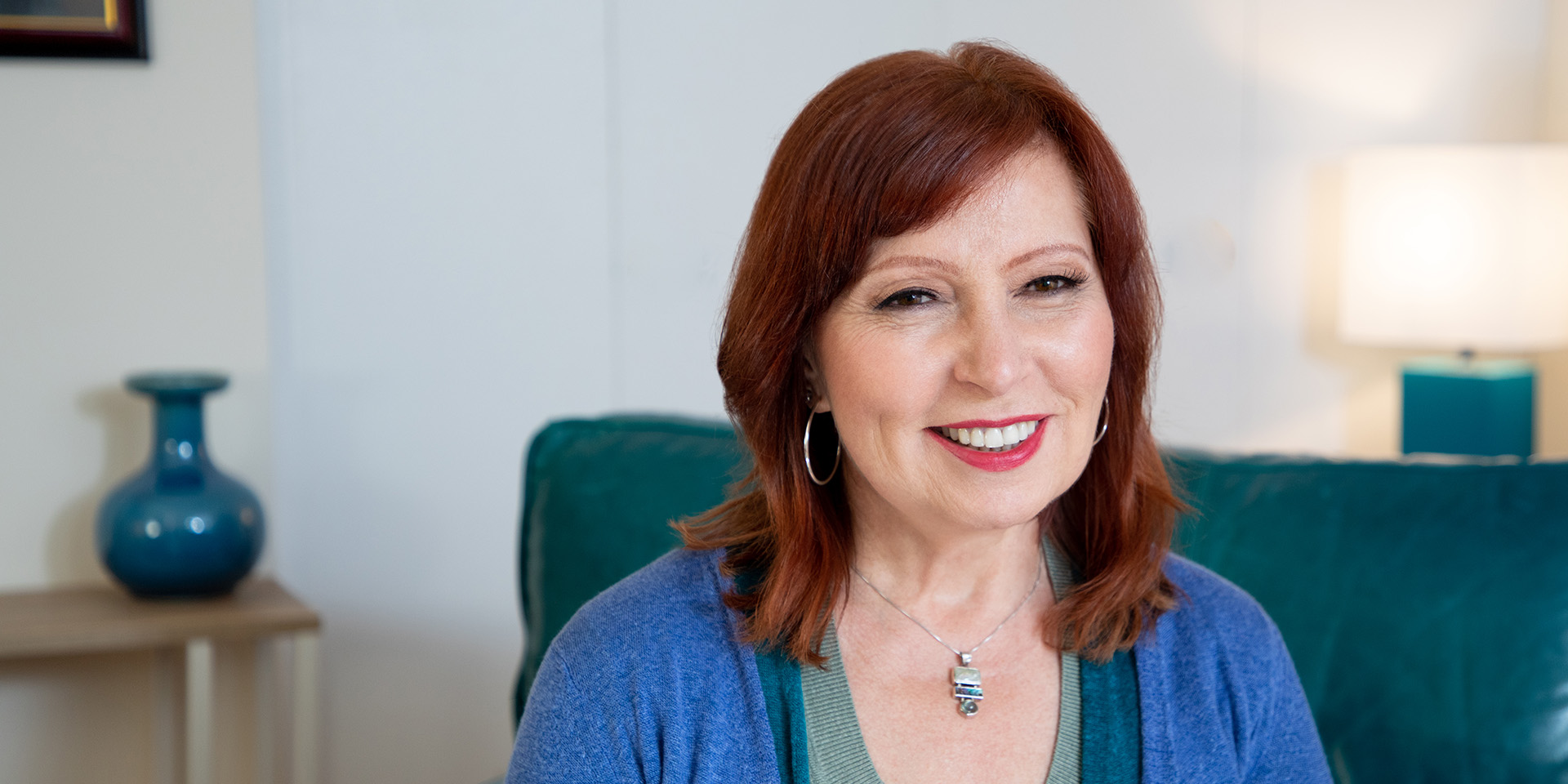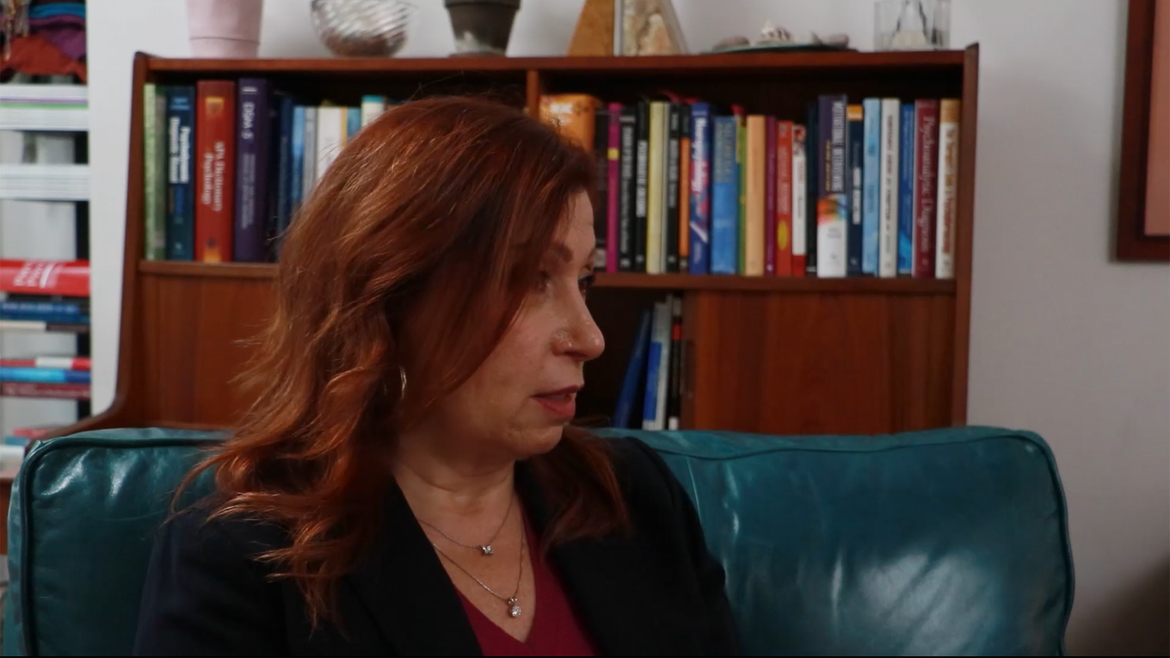Setting Goals in Psychotherapy: What You Should Know
Psychotherapy is a unique process that serves to better one’s life through the understanding and unraveling of past experiences and how they impact behavior thoughts and feelings in the present...
Read article




